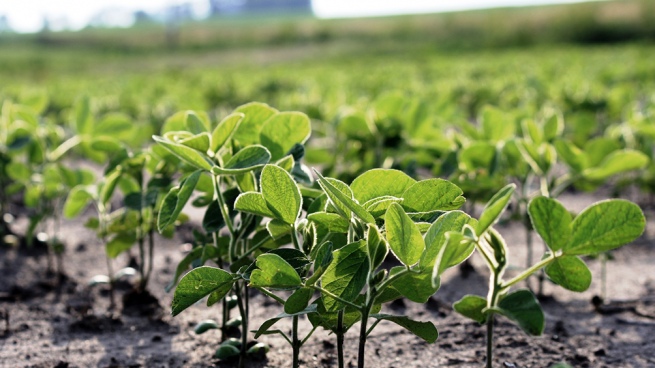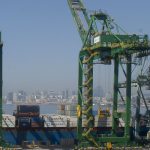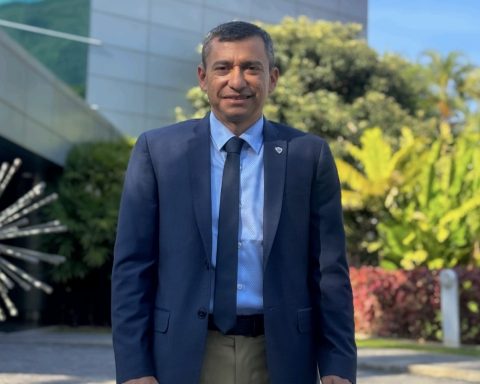The People’s Republic of China approved the transgenic soy with drought tolerant HB4 technology developed by the Argentine company Bioceres in conjunction with Conicet and the Universidad Nacional del Litoral (UNL), by closing an analysis process that began 6 years ago, the company said in a statement on Friday.
In this way, the Asian giant, the largest consumer and buyer of soybeans worldwideyou will be able to import and market the grain, but not plant it because it is still do not allow the implantation of genetically modified organisms (GMO).
The procedure for its approval was presented on October 21, 2016 and it took six years for China to give the go-ahead, making HB4 soybeans the first Argentinian transgenic development that has said endorsementhighlighted the company.
“Drought tolerant soybean was approved in 2015 by Argentina and then also by the countries with the highest world production of this crop, including the United States (August 2019), Brazil (May 2019), Paraguay (2019) and Canada (2021). These countries represent approximately 85% of global oilseed production“recalled the company.
“Today is a huge day for Argentine science. China approves drought-tolerant HB4 soybeans. The implications are profound. It means that the world recognizes once again that Argentina developed a technology that nobody had done until now“, highlighted Bioceres.
A great day for Argentine Science!? ?? China approved HB4® soybean, tolerant to drought. We are happy that this 100% ?? development is the first national biotechnological event to receive approval from China, the world’s leading importer of soybeans ? pic.twitter.com/bvknuXmLoT
– Bioceres Group (@grupobioceres) April 29, 2022
In the same line, from the company they marked that “the world needs more and more foodand face increasing climate threats. Today we show that Argentina can be a leader in finding solutions to one of the great challenges of the 21st century. We are happy and proud.”
The development resulted from research and public-private collaboration led by the biochemist and Conicet researcher, Raquel Chan.
After hearing the news, Shares of the company listed on Wall Street rose 18%.
In this regard, the Minister of Science, Technology and Innovation, Daniel Filmus, stated that “the approval by the Chinese Government of Argentine transgenic soybeans is a virtuous example of public-private articulation that also demonstrates the importance of promote investment in science and technology against those voices that recommend not doing it and administrations that not long ago even reduced it”.
“This achievement translates as the success of a thriving industry that allows add value and generate work where the raw materials arein order to be able to expand the productive capacity of the provinces, which in general, as in the case of soybeans, is not exhausted only in cultivation, but in industry, this thriving industry that I am talking about,” concluded Filmus.
In his turn, Foreign Minister Santiago Cafiero celebrated the decision of the Chinese authorities “which means a new achievement for Argentine exportsbased on the articulation of the capacities of our productive framework, of the universities and of the researchers”.
“Scientific-technological development applied to agricultural production is a virtuous way of granting greater added value to Argentine work. With this objective we have been working from the Foreign Ministry, in coordination with other national Ministries,” Cafiero said in a statement.

Along the same lines, the Argentine ambassador to China, Sabino Vaca Narvaja, said that the approval will have a direct impact on our economy.
“This is an important milestone for Argentina, which occurs a few months after the visit of President Alberto Fernández to China. It is an example of the scientific capacity that our country has in terms of biotechnology and a public/private work model, which will allow us to position ourselves not only as a producer, but also provider of state-of-the-art agricultural technology to guarantee food security in the world”, emphasized the diplomat.


















